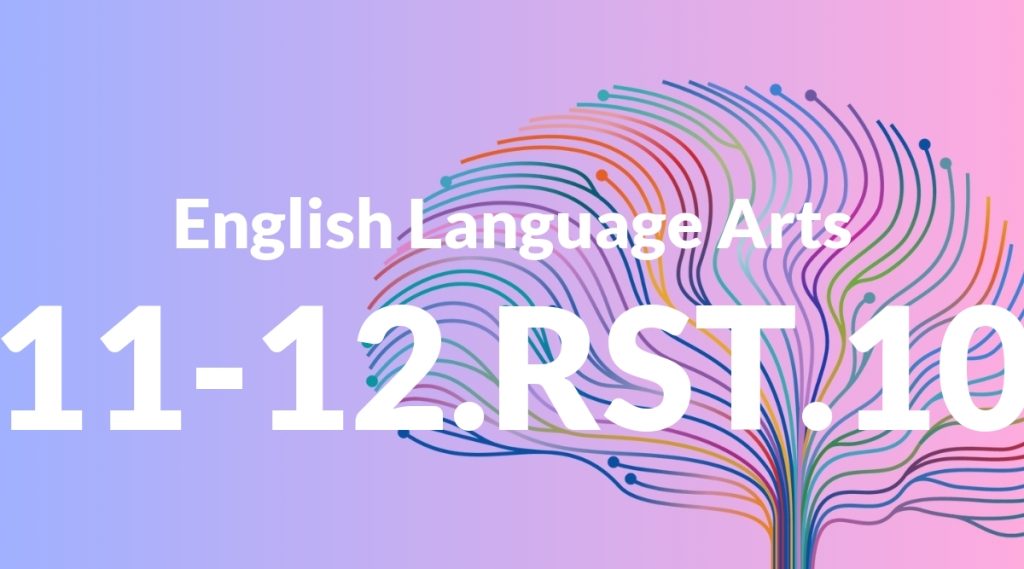Standard: 11-12.RST.10 – By the end of grade 12, read and comprehend science/technical texts in the grades 11-CCR text complexity band independently and proficiently.
Grade level: Grade 11-12
Subject: English Language Arts
Domain: Science & Technical Subjects
Teacher Overview
This standard emphasizes the importance of reading and comprehending complex science and technical texts independently by the end of grade 12. Mastery of this standard is crucial as it prepares students for the rigorous reading demands of college and professional careers, where they will encounter a wide range of technical documents. Students should have a solid foundation in reading comprehension, experience with technical vocabulary, and prior exposure to analyzing complex texts.
After mastering this standard, students will be better equipped to critically evaluate scientific and technical information, which will be invaluable in their higher education and professional lives.
Common Misconception 1
One common misconception is that technical texts are too difficult to understand without expert knowledge. This belief can discourage students from engaging with the material and developing their comprehension skills.
Intervention 1
To address this misconception, teachers can use scaffolding techniques such as guided reading questions, graphic organizers, and vocabulary previews to help students break down the text and build their understanding incrementally.
Common Misconception 2
Another misconception is that technical texts are only relevant for science and engineering fields. This narrow view can limit students’ appreciation of the broader applicability of technical reading skills.
Intervention 2
Teachers can counter this misconception by exposing students to a variety of technical texts from different disciplines, including humanities, social sciences, and everyday contexts, to demonstrate the versatility and importance of these skills.
Prerequisite Knowledge
Students should have basic comprehension skills for reading technical texts, familiarity with scientific and technical vocabulary, and experience with analyzing complex texts from previous grades.
Subsequent Knowledge
Students will develop the ability to critically evaluate scientific and technical information, enhance their analytical reading skills, and apply their comprehension skills to college-level texts and professional documents.
Instructional Activities
- Group analysis of a scientific research paper
- Individual reading and summary of a technical manual
- Class discussion on interpreting data from a scientific study
- Project on analyzing an engineering report
- Assignment on comprehending a piece of medical literature




